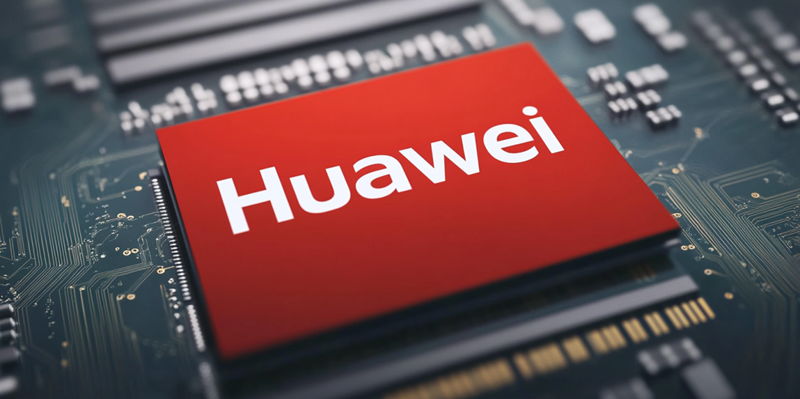The release of the Huawei Mate 70 Pro has sparked significant discussions surrounding the company’s ability to keep pace with global chip development standards amidst ongoing U.S. sanctions. While many expected the flagship smartphone to debut with the 5nm Kirin 9100 chipset, it instead features the 7nm Kirin 9020. This reliance on an older chipset underscores the broader difficulties Huawei faces in advancing its chip-making capabilities, given their current geopolitical predicaments.
The Impact of U.S. Sanctions
The U.S. restrictions, particularly those preventing Huawei from purchasing advanced EUV lithography machines from the Dutch-based ASML, have profoundly impacted China’s ability to keep up with global technology standards. Analysts from TechInsights have noted that the HiSilicon Kirin 9020 used in the Mate 70 Pro is still produced with a 7nm process by SMIC, despite industry expectations for a 5nm process. The ban on such critical technologies has effectively crippled Huawei’s ability to innovate at the same pace as its global rivals, leaving China significantly behind in the chip development race.
While companies such as Taiwan’s TSMC are planning to produce 2nm chips by 2025, China has found itself lagging behind, struggling to catch up. Although Huawei has made strides and demonstrated some progress with 5nm transistors, they are still far from reaching the 2nm technology levels being developed by competitors like TSMC and Intel. The sanctions seem to be effective, preventing Huawei from accessing the cutting-edge equipment needed to advance their semiconductor technology, and consequently, slowing their pace of development.
The Broader Implications
These sanctions, particularly from the United States, have severely limited Huawei’s access to essential technology and manufacturing resources. This has forced the tech giant to make do with less advanced components, leading to a significant predicament for a company that once led the forefront of mobile innovation. The situation underscores the complex intersection between technology and international politics, impacting not just Huawei’s ability to innovate but also its competitive standing in the mobile phone market on a global scale.

